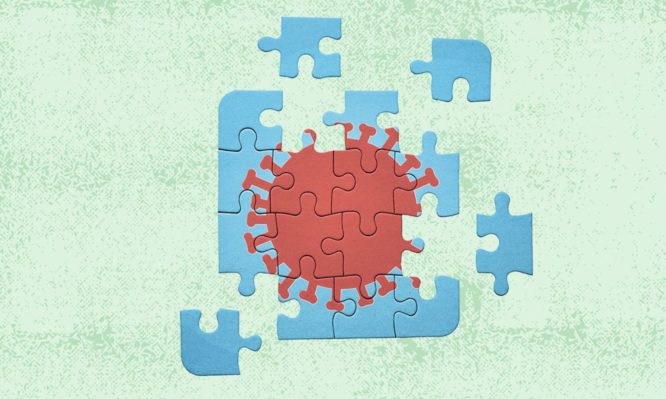
COVID-19 is over. What now? 2023
Sanjh
- 0
HHS lifted its COVID-19 public health emergency earlier this month. Deb Houry, MD, MPH, CDC’s chief medical officer and deputy director for program and science, cautioned that the dangerous respiratory infection is still present.
The CDC will keep vaccinating against COVID-19 and SARS-CoV-2. Dr. Houry said doctors will help educate patients and the public about COVID-19 vaccination safety and efficacy.
“CDC vaccine safety efforts are not tied to the public health emergency, so they will continue,” Dr. Houry stated. “We know vaccination safety may reassure communities nationally. Doctors are reliable messengers and convey facts here.”
Dr. Houry discussed this endeavor and other changes physicians and patients may encounter after the public health emergency in a recent edition of “AMA Update.”
Ending the public health emergency changes pandemic responses. The CDC will adjust its data collection and sharing, and insurers may no longer fund COVID-19 at-home testing.
HHS also stated that Medicare and Medicaid waivers that increased pandemic care will expire.
Dr. Houry advised doctors to inform patients that a public health emergency might prompt government action. Patients should also know that COVID-19 is spreading slower now. Dr. Houry says immunization or earlier infection protects 96% of the population against COVID-19’s worst effects.

She added doctors must maintain educating people, especially about immunization.
Doctors and other health experts “are among the most trusted sources when it comes to vaccine uptake,” Dr. Houry said. “We really encourage all clinicians to talk with patients about their coverage and recommend the COVID-19 vaccines.”
Learn more about COVID-19’s termination with the AMA (PDF).
Data collection’s future
The CDC’s gathering and sharing of critical indicators during the COVID-19 outbreak helped doctors and hospitals.
The COVID Data Tracker no longer highlights COVID-19 case and death data after the public health emergency designation ended. The CDC said some states stopped collecting case data or sharing test results, making that data less credible.
“We will have changes in data reporting, but we’ll continue to provide timely insights through several different data sources,” Dr. Houry added. “One is our nationwide hospitalization data will be reported on a weekly basis and serve as the primary COVID-19 surveillance metric.”
The CDC will report weekly COVID-19 fatalities, hospital admissions, and ED diagnoses.


